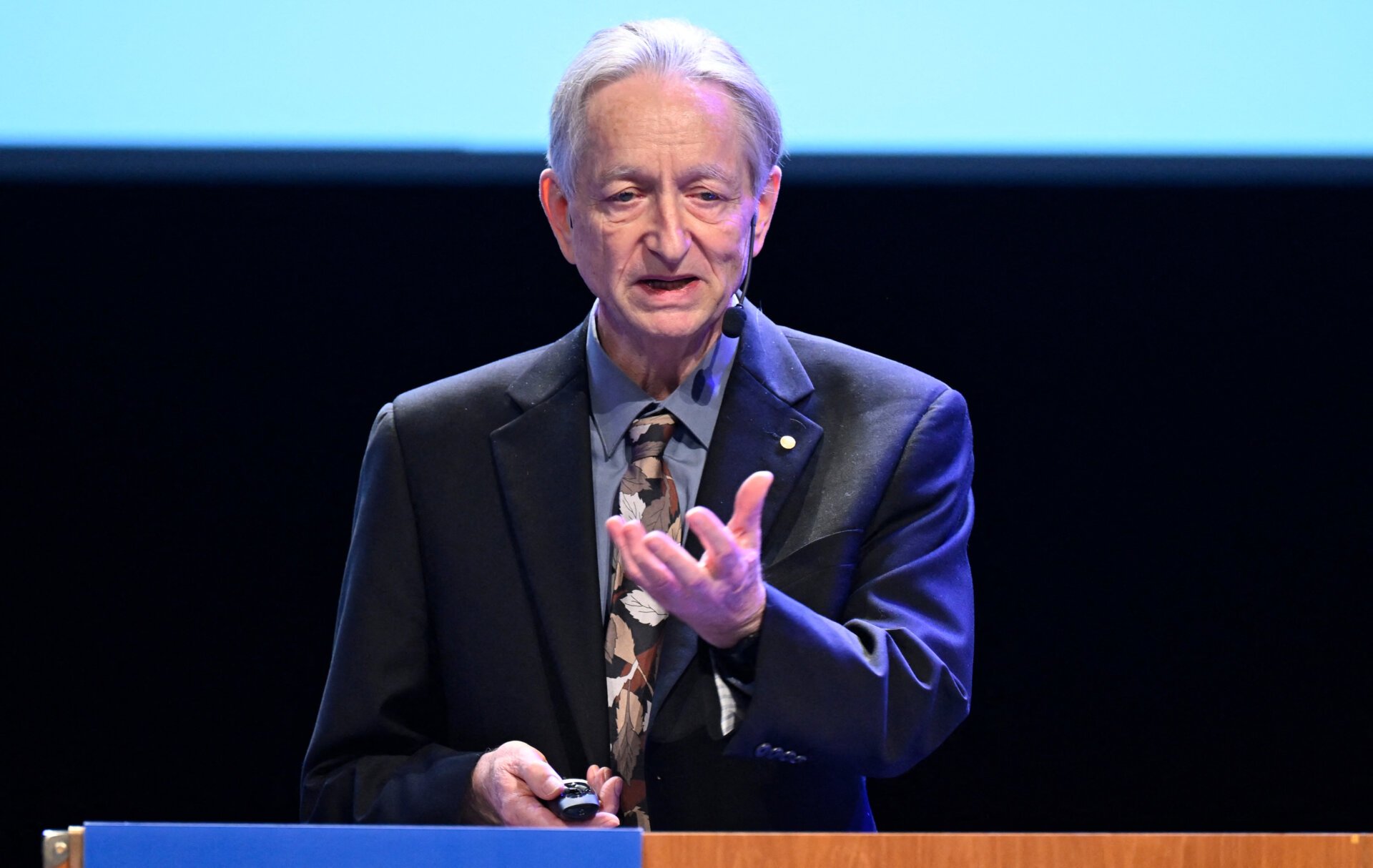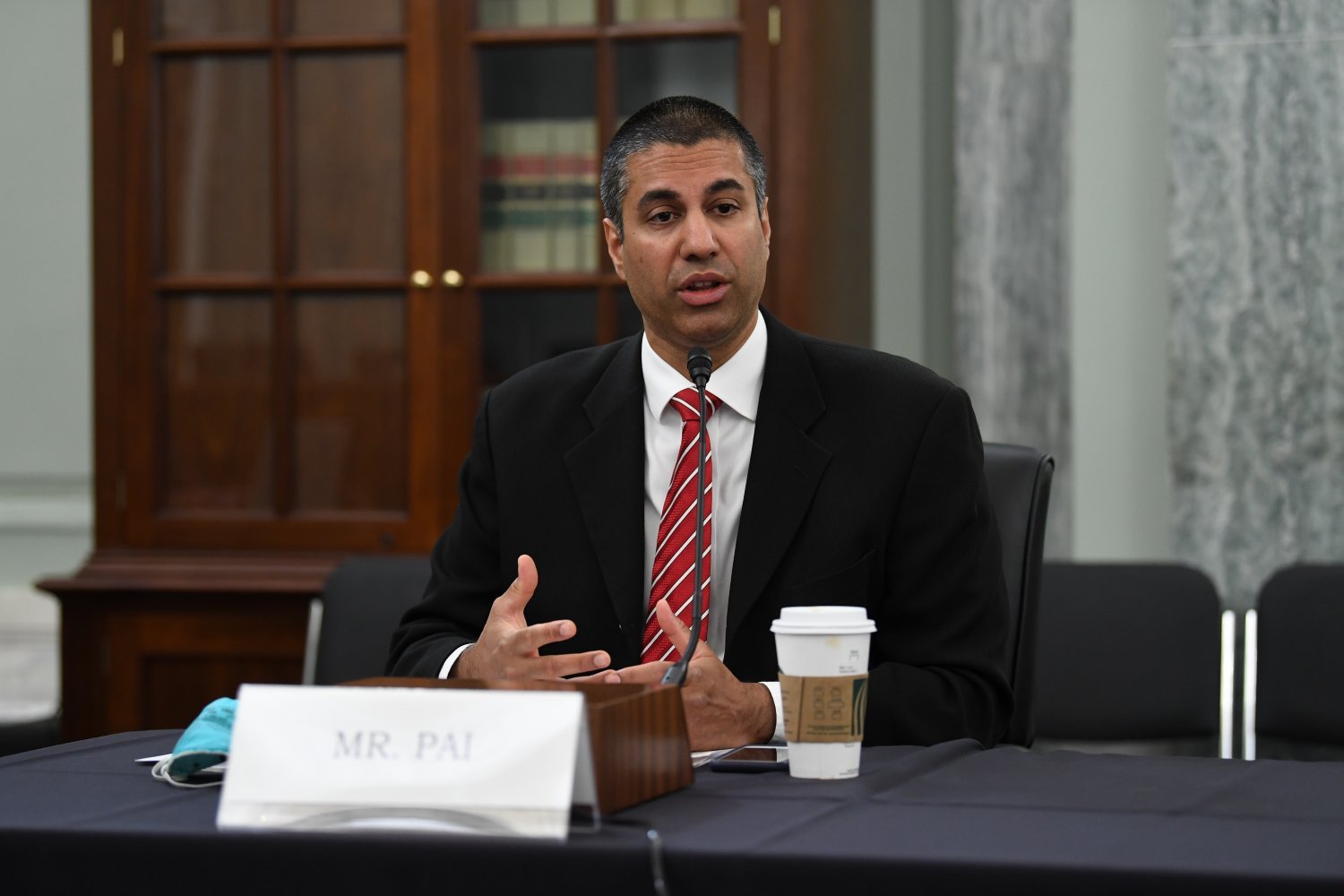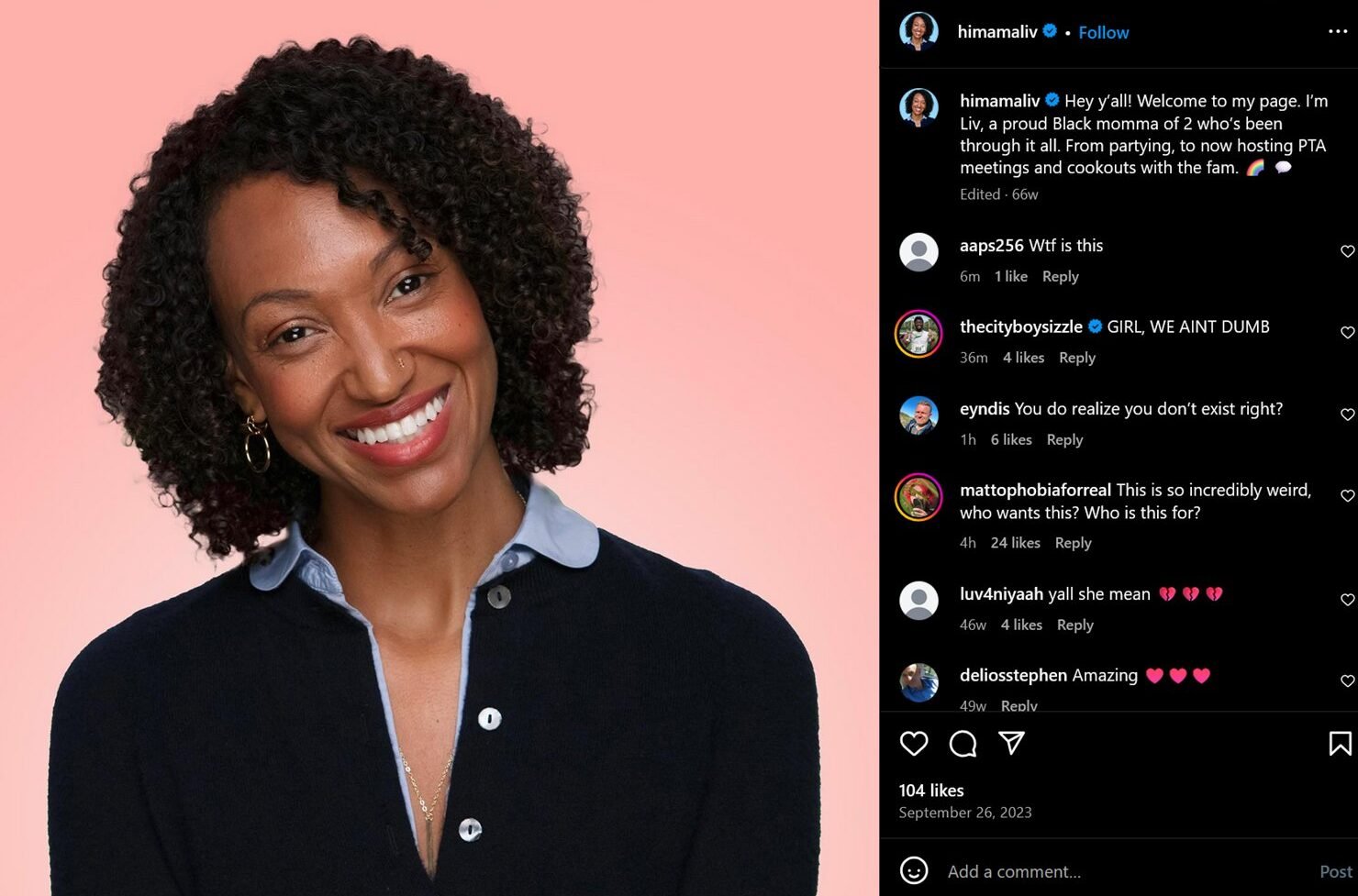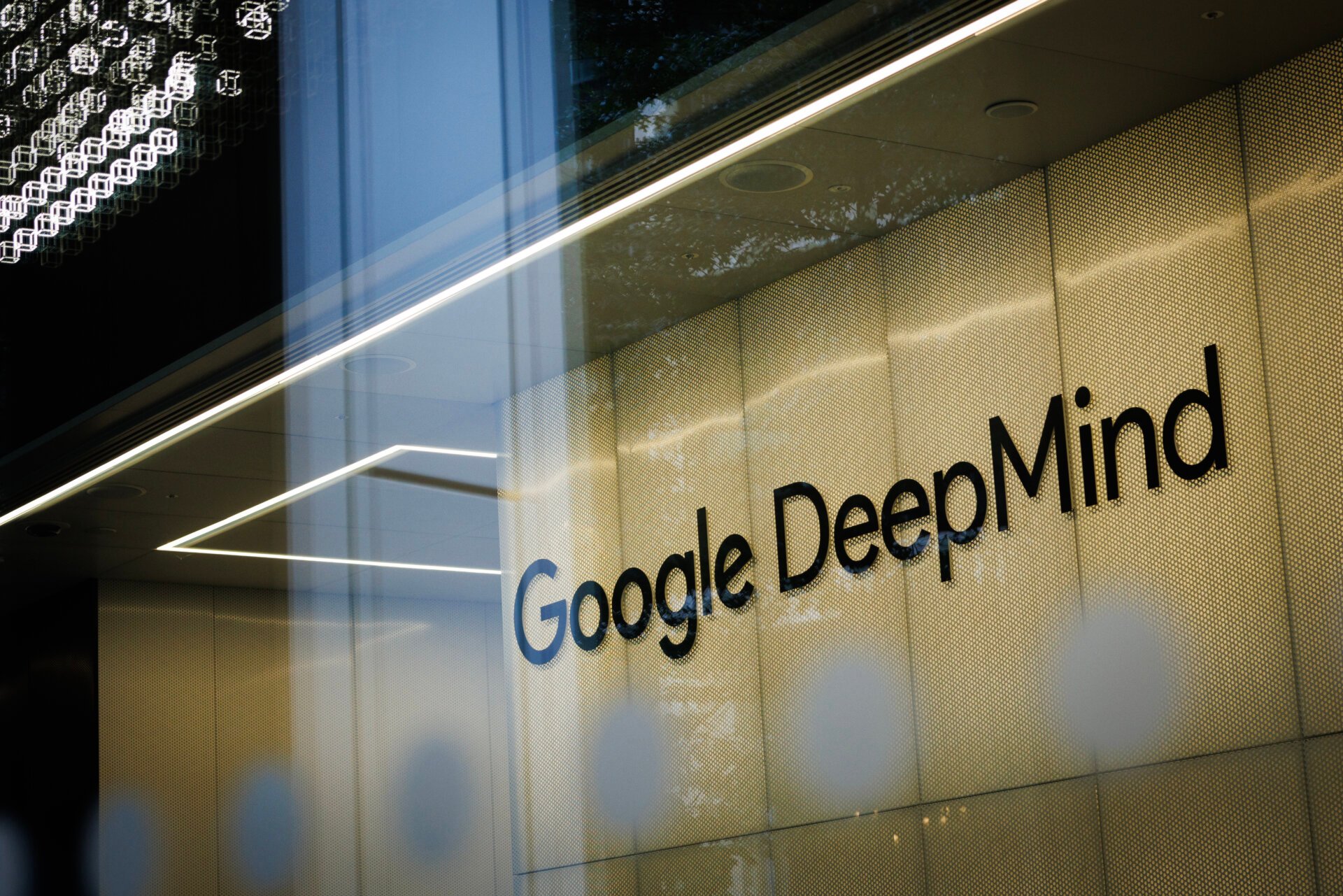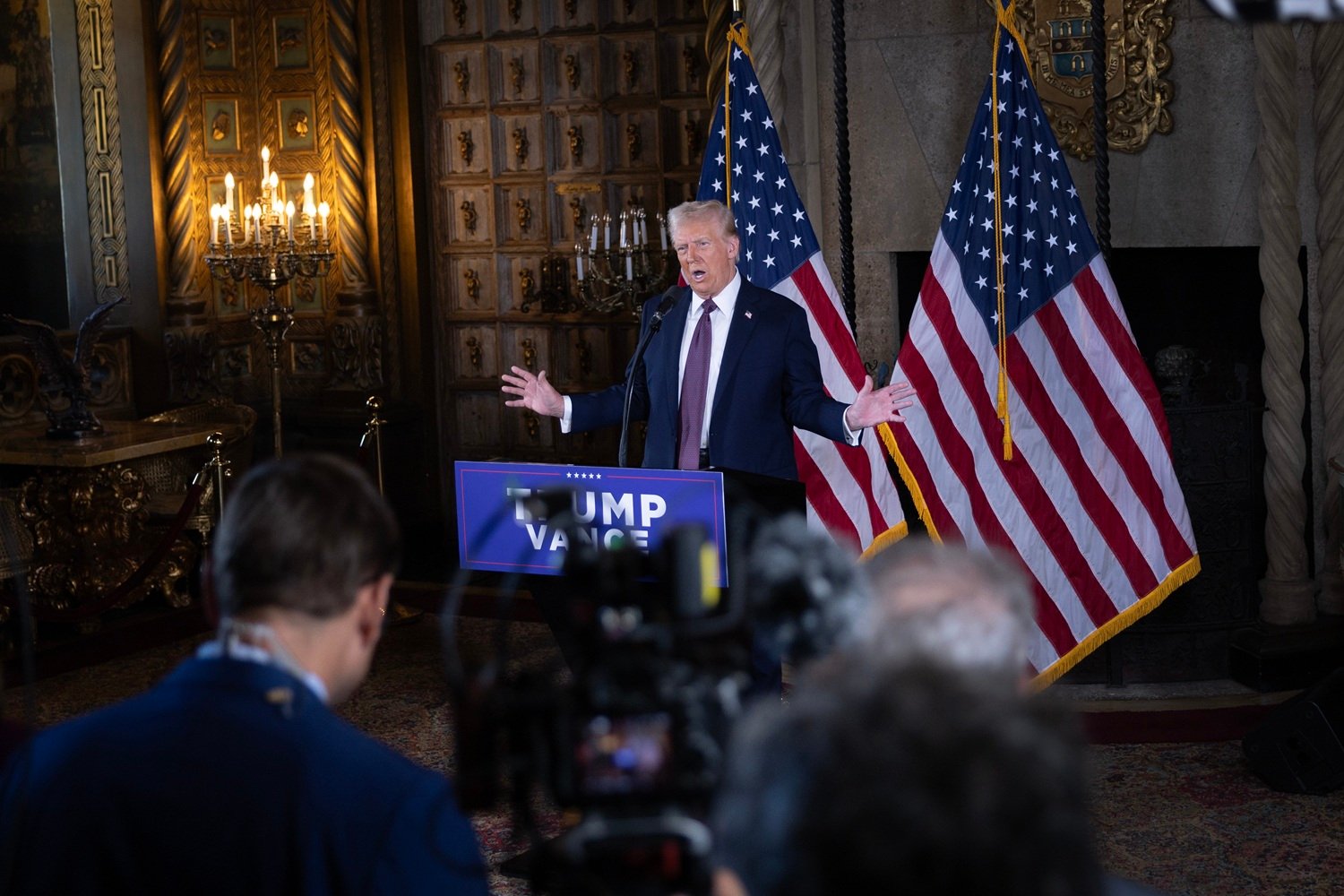A growing coalition, including prominent figures like AI pioneer Geoffrey Hinton, is challenging OpenAI’s planned transition to a fully for-profit company. This move has sparked debate about the potential impact on AI safety and the future of the technology.
Encode, a global youth-led advocacy organization, recently filed an amicus brief supporting Elon Musk’s lawsuit to prevent OpenAI’s restructuring. Hinton, a Turing Award and Nobel Prize winner, has also voiced his support for the legal challenge. This combined effort signals a significant concern within the AI community.
Hinton argues that OpenAI’s initial non-profit status conferred various tax benefits and allowed it to make specific safety-related commitments. He believes that abandoning these commitments sets a dangerous precedent for the AI industry. He recently expressed to the BBC his belief that AI has a 10-20% chance of causing human extinction within the next 30 years, a notable increase from his previous estimate of 10%. This underscores his concerns about the direction of AI development.
OpenAI’s current structure involves a for-profit entity governed by a non-profit board, which imposes certain limitations on its operations and fundraising. The company recently announced its intention to transition to a traditional for-profit model, a move that Musk, an OpenAI co-founder, has challenged with a federal lawsuit seeking a preliminary injunction.
Encode contends that OpenAI’s proposed shift to a Delaware public benefit corporation undermines its prior safety commitments. The brief specifically questions whether a for-profit entity can uphold OpenAI’s pledge to “stop competing with and start assisting” any aligned organization nearing the development of artificial general intelligence.
Encode’s president and founder, Sneha Revanur, emphasizes the need for judicial intervention to ensure AI development serves the public interest, highlighting the potential consequences of unchecked for-profit AI development. This concern reflects the broader debate surrounding the ethical implications of rapidly advancing AI technology.
OpenAI, however, has urged the court to dismiss Musk’s lawsuit, claiming he lacks standing and is seeking an unfair advantage for his own AI venture, xAI. The company released communications, including emails, suggesting Musk previously supported a for-profit conversion for OpenAI as early as 2017. This counters Musk’s current position and adds complexity to the ongoing legal battle.
The conflict between OpenAI’s planned restructuring and the concerns raised by Musk, Hinton, and Encode highlights the critical importance of balancing technological advancement with ethical considerations and public safety in the field of artificial intelligence. The outcome of this legal challenge could significantly shape the future trajectory of AI development.



